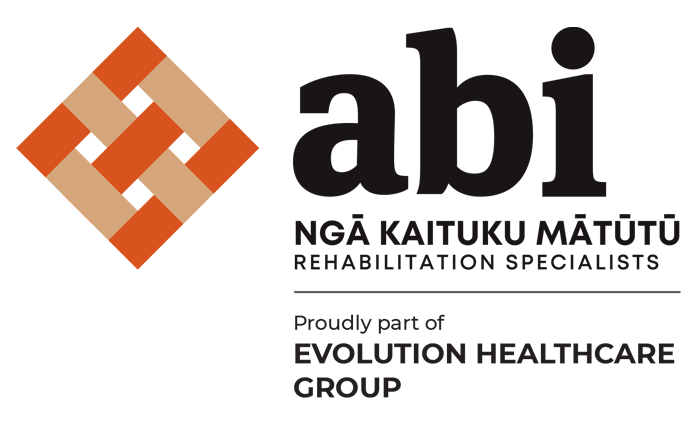Individuals who experience a brain injury often require specialised rehabilitation to regain their skills and abilities used in everyday life.
Neurobehavioural Rehab
Why is it important to manage neuro-behavioural symptoms?
Helping clients and families to manage neurobehavioural symptoms is very important for a number of reasons.
- The symptoms can be very distressing for the client and their family.
- They make it difficult for the client to engage in rehabilitation.
- They can make the environment unsafe for everyone.
If neurobehavioural symptoms are not managed it is more difficult to care for the person at home. This puts a heavier burden on family and other caregivers.
Neurobehavioural symptoms can also make it very difficult for the person to get back to doing what they want to do in their life (e.g. work and family life).
What are the aims of the neurobehavioural programme?
The ultimate aim of the programme is to give the client the tools to have control over their own behaviours. This means that clients are better placed to be able to return to pre-injury roles.
Our approach to trying to help people with neurobehavioural symptoms depends on what the specific symptoms are. The first step is finding out what the problem is and having a look at why this might be happening. This means observing the client’s behaviour and talking honestly with the client and family-whānau.
Once we have a better understanding of why a behaviour might be happening, we work with the client and family-whanau to develop solutions to manage the behaviour. This might involve making changes in the client’s environment, using behaviour management plans, adjusting medication, etc.
The entire team (the client and family are part of the team!) stay in communication about any changes along the way so that we can work together to best support the client.
How is the neuro-behavioural programme structured?
Most of the neurobehavioural programme interventions are led by the staff psychologists who meet with the client and family-whānau early in rehabilitation, ideally while the client is still in hospital.
- If the client has neurobehavioural symptoms that put themselves or others at risk, they will stay in a locked unit at the rehabilitation facility to ensure safety.
- The team monitors the client’s behaviours to identify triggers (what makes the problem worse) and to implement scripts (what to do or say in certain situations). It may also help to adapt the environment in certain ways (by reducing noise or activity, for instance).
- The neurobehavioural programme operates alongside an individualised programme of intensive interdiscplinary rehabilitation.
- A client’s neurobehavioural support needs are typically highest at first. The programme is continually monitored and modified according to need.
- If appropriate, other providers such as drug/alcohol or mental health services may be involved.
What are neuro-behavioural symptoms?
Neurobehavioural symptoms are challenging behaviours that are caused by damage to the brain. They might be new behaviours that have come out since the injury or they might be pre-existing behaviours that are now exaggerated and problematic.
Neurobehavioural symptoms could include:
- Aggression
- Inappropriate social or sexual behaviours
- Getting ‘stuck’ on certain behaviours or ideas (perseveration)
- Having difficulty getting started on things (initiation)
- Refusing to participate or cooperate
- Poor motivation and appearing like they don’t care
- Depression and/or anxiety
- Doing things that are unsafe, for example trying to run away, not watching for traffic, or thinking they would be okay to start driving again.
How can families-whanau help?
Family members can often provide very valuable insights into why their loved one is behaving in a certain way. We will always appreciate any thoughts you have.
Having a brain injury and being away from home is stressful and upsetting, especially if the person cannot remember what has happened to them. Families and whānau can provide a sense of familiarity and comfort during the rehabilitation period.
